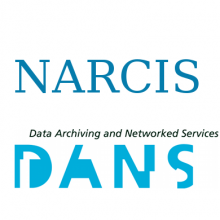Resource information
Propelled by rapid urbanization, city administrations in low-and middle-income countries face a raft of challenges to secure food and nutrition for its poor urban dwellers. Urban agriculture (UA) seems a viable intervention to address urban food insecurity, however, experience has shown that urban gardens do not expand at the expected rate. Tackling this issue requires a deeper understanding of the main constraints that block UA expansion. Benin is not an exception; the country witnesses a breathtaking growth of its main cities that is in synchronization with a mounting food insecurity. Our research aims, therefore, to identify the main constraints for the expansion of UA in Benin, and adopt a three-pronged approach combined with a systematic literature review, a survey held among experienced urban gardeners, and in-depth interviews with stakeholders. Altogether, the synthesis shows a predominance of five main constraints: lack of land and tenure insecurity, insufficient government support, restricted market access, limited access to productive factors, and inequality issues. Specifically, while the review showed that most barriers are linked and could be tackled together, the survey indicated a political unwillingness which in our in-depth interviews is explained by the unperceived benefits of investing in UA and the lack of enforcement of urban development plans. We suggest that Beninese authorities and academics move in synchronization where the former coordinates the planning of urban gardens and the latter provides evidence to trigger public and private investments in UA. The findings could be the basis for further research on UA in West Africa and the wider continent.


